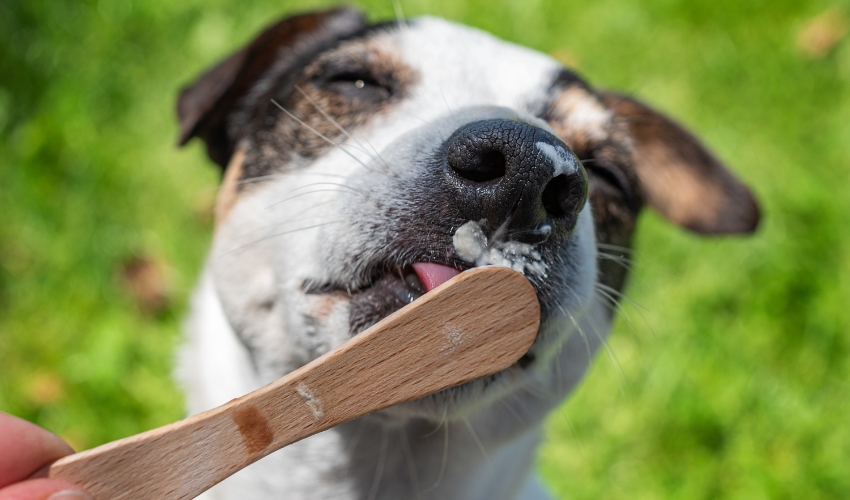Kidney disease is a prevalent health concern affecting both cats and dogs, impacting their overall well-being and longevity. As a responsible pet owner, understanding the causes, recognizing symptoms, and implementing effective management strategies are crucial aspects of caring for a pet with kidney disease. In this comprehensive guide, we will delve into the intricacies of kidney disease in both cats and dogs, shedding light on the causes, symptoms, treatment options, and how to proactively manage this common health issue.
Unveiling Kidney Disease: Causes and Culprits
- Chronic Kidney Disease (CKD): Chronic kidney disease is a progressive condition characterized by the gradual loss of kidney function over time. Common causes include aging, genetics, and underlying health issues that compromise kidney function.
- Acute Kidney Injury (AKI): Acute kidney injury is a sudden onset of kidney dysfunction and is often linked to factors such as infections, toxins, or trauma. Unlike CKD, AKI is reversible if identified and addressed promptly.
- Contributing Factors: Several factors contribute to the development of kidney disease in pets, including genetic predisposition, certain breeds being more susceptible, age-related changes, and exposure to nephrotoxic substances.
Recognizing the Signs: Symptoms of Kidney Disease
- Increased Thirst and Urination: One of the early signs of kidney disease is an increase in thirst and urination. Changes in water consumption and litter box habits should be closely monitored.
- Weight Loss and Appetite Changes: Pets with kidney disease may experience weight loss and a decrease in appetite. Changes in body condition and eating patterns are indicative of underlying health issues.
- Vomiting and Diarrhea: Gastrointestinal symptoms such as vomiting and diarrhea may occur as kidney function declines. Monitoring digestive health is essential in identifying kidney-related issues.
- Lethargy and Weakness: Kidney disease can lead to lethargy and weakness in pets. A noticeable decrease in activity levels may be a sign that the kidneys are not functioning optimally.
- Poor Coat Condition: Changes in the quality of the coat, such as dullness or excessive shedding, may be indicative of underlying health issues, including kidney disease.
Treatment Options for Kidney Disease
- Dietary Management: Prescription diets tailored for kidney health are often recommended for pets with kidney disease. These diets help manage symptoms and slow down the progression of the disease.
- Fluid Therapy: Adequate hydration is crucial for pets with kidney disease. In severe cases, veterinary-supervised fluid therapy may be necessary to maintain hydration levels.
- Medications: Medications, such as ACE inhibitors and phosphorus binders, may be prescribed to manage symptoms and support kidney function. Timely administration and veterinary guidance are essential.
- Treatment of Underlying Causes: If kidney disease is secondary to an underlying condition, addressing the root cause is integral to managing kidney health. Treating infections or removing nephrotoxic substances are examples of targeted interventions.
- Regular Veterinary Monitoring: Regular veterinary check-ups are crucial for pets with kidney disease. Monitoring kidney function through blood tests and urinalysis helps adjust treatment plans as needed.
Proactive Management Strategies for Kidney Disease
- Specialized Diets: Consult with your veterinarian to determine an appropriate diet for your pet with kidney disease. Specialized renal diets help manage symptoms and support overall kidney health.
- Hydration Maintenance: Encourage proper hydration by providing access to fresh water at all times. Wet food can be beneficial for increasing water intake in cats, promoting kidney health.
- Avoiding Nephrotoxic Substances: Prevent exposure to substances that can harm the kidneys, such as certain plants, medications, and household chemicals. Awareness and pet-proofing the environment are essential preventive measures.
- Regular Exercise: Maintaining a healthy weight through regular exercise is beneficial for overall pet health, including kidney function. Consult with your veterinarian to establish an appropriate exercise routine.
- Monitoring Blood Pressure: Kidney disease can lead to hypertension in pets. Regular blood pressure monitoring allows for early detection and management, preventing further complications.
- Stress Reduction: Minimize stressors in your pet’s environment, as stress can impact overall health, including kidney function. Provide a stable and comfortable living environment.

Building Awareness: Educating Pet Owners
- Community Workshops: Engaging in community workshops on pet health, specifically kidney disease, fosters awareness and encourages proactive measures among pet owners.
- Online Resources: Utilize online platforms to share educational content about kidney disease in pets. Accessible resources empower pet owners to make informed decisions about their pet’s health.
- Social Media Campaigns: Launch social media campaigns to disseminate information, share success stories, and encourage discussions on managing kidney disease in pets. Social platforms are powerful tools for community engagement.
- Collaboration with Veterinarians: Collaborate with local veterinarians to host informational sessions or webinars on kidney health in pets. A collaborative approach enhances community awareness and promotes responsible pet ownership.
- Pet Health Screenings: Organize pet health screenings in collaboration with veterinary clinics. Offering discounted or free screenings encourages pet owners to proactively assess their pets’ kidney health.
Conclusion: Empowering Pet Owners in Kidney Health
Kidney disease is a common health issue in both cats and dogs, but with awareness, early detection, and proactive management, pet owners can significantly enhance the quality of life for their furry companions. By understanding the causes, recognizing symptoms, and implementing effective treatment and preventive strategies, pet owners play a pivotal role in managing kidney disease.
As a pet owner, staying informed about kidney health, collaborating with veterinarians, and actively participating in community initiatives contribute to a collective effort in promoting kidney health awareness. Together, let’s empower pet owners to navigate and manage kidney disease, ensuring that our beloved pets lead happy, healthy, and fulfilling lives.












